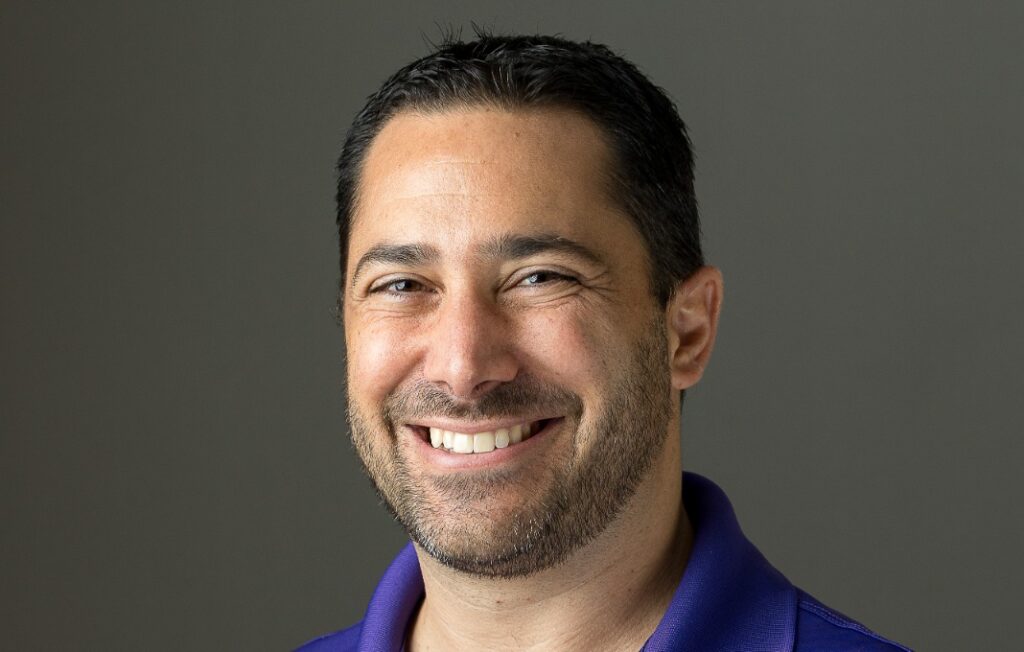Many companies highlight their unlimited time-off benefits, but don’t really mean it, says Zuleika Sgro. The vice president of people at Klue, a Vancouver, Canada-based company that provides marketing intelligence analytics, spoke with StrategicCHRO360 about why Klue has a “take the time you need” policy, how they make it work and what it has done for the company.
How has Klue’s leadership set expectations to make the company’s “take the time you need” policy work and ensure that employees use this benefit in the way it’s intended?
This benefit is really close to our values as a company and part of what was really important to our founders from the onset when Klue was built: We value mutual trust and believe that our employees will do right by Klue. This is the guiding principle to our “take the time you need” benefit for vacation.
We underscore that in using this benefit, our expectation is that you won’t leave your team hanging and you clear it with your team in advance. As long as those pieces are clear, this benefit works really well, and no one needs to overthink it.
In addition, our leadership team models this practice themselves. They take the time they need and while they do, they ensure things are in a solid place so the business can keep moving and they can fully take time to recharge and come back in a refreshed state.
I think it’s all about how a benefit like this lives in your day-to-day culture. It’s embedded in how we operate as a team because all employees, from CEO Jason Smith down to relatively new hires, have this opportunity to exert more control over their own time.
You frame this unlimited PTO benefit as a matter of “trust.” Can you explain what this means? How did Klue build trust in relation to this benefit?
Mutual trust is the core component of the “take the time you need” benefit. As you may guess, building that in a company with employees who are not all in the office together at all times can be difficult. The pandemic has taught all of us to value the differences in each employee’s working situation in a more tangible way, helping make this benefit a star in our total benefits package.
However, because our leadership focused on creating the right environment for our teams in a changed working situation, the implementation of this benefit has been much easier than we initially thought. You build trust by giving it, which can be a difficult concept to grasp or an anxiety-inducing decision if you don’t have the right structures in place.
We give our employees more control over their work lives in the hopes that their personal lives will benefit. We know that a happy, well-rested, healthy employee does much better work than someone who is stressed and overworked. And micromanaging someone’s time is one sure way to cause dissatisfaction. Let’s take that concern out of the equation.
Can you walk us through a few examples of how employees have used this benefit?
This benefit is really for any time folks need to be away from work. It’s pretty simple in concept and once it’s adopted the benefit is not one needing overthinking as long as everyone is doing right by Klue. People use it for family vacations, time with their families, long weekends, dedicating time to a cause they care about. Because of the trust we have established, we don’t pry into people’s plans unless they want to discuss the reasons for their absence.
For clarity, we do set parameters for any extended leaves of absence, such as whether someone needs to take a medical leave. Having structured support in times like those has been immensely helpful to our employees. While our employees expect discretion and privacy about their personal lives and time off due to our policies, they also need our support. It is important that Klue leadership remains flexible ourselves if we ask that of our teams.
Are there any new trends or ideas in the workplace world that you are excited about or looking forward to implementing for Klue?
I’m really excited about the opportunity for choice in benefits to become the table-stake in the industry. There is a sprouting plant growing from this seed of an idea. Many workers get their medical benefits from a partner or already have a life insurance package they are comfortable with. People need, and are motivated by, different things and it’s hard to have a one-size fits all benefits package, which has been the conventional approach.
I’m excited to continue to learn what is most important to our team and look for ways to provide as much choice as possible—making benefits really impactful, personal and flexible.








